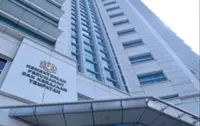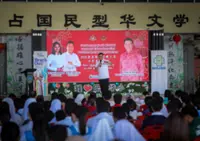PETALING JAYA: With Malaysians’ homeownership standing at 77%, the Housing and Local Government Ministry has emphasised its commitment to sustainable urban development.
Its Minister Nga Kor Ming said initiatives such as the Affordable Housing Programme (Rumah Mampu Milik), Citizen-Friendly Home Programme (Rumah Mesra Rakyat), and housing projects under PR1MA have prioritised eco-friendly designs while scaling up industrialised building systems (IBS) to reduce construction waste.
Follow us on our official WhatsApp channel for breaking news alerts and key updates!
Thank you for your report!





